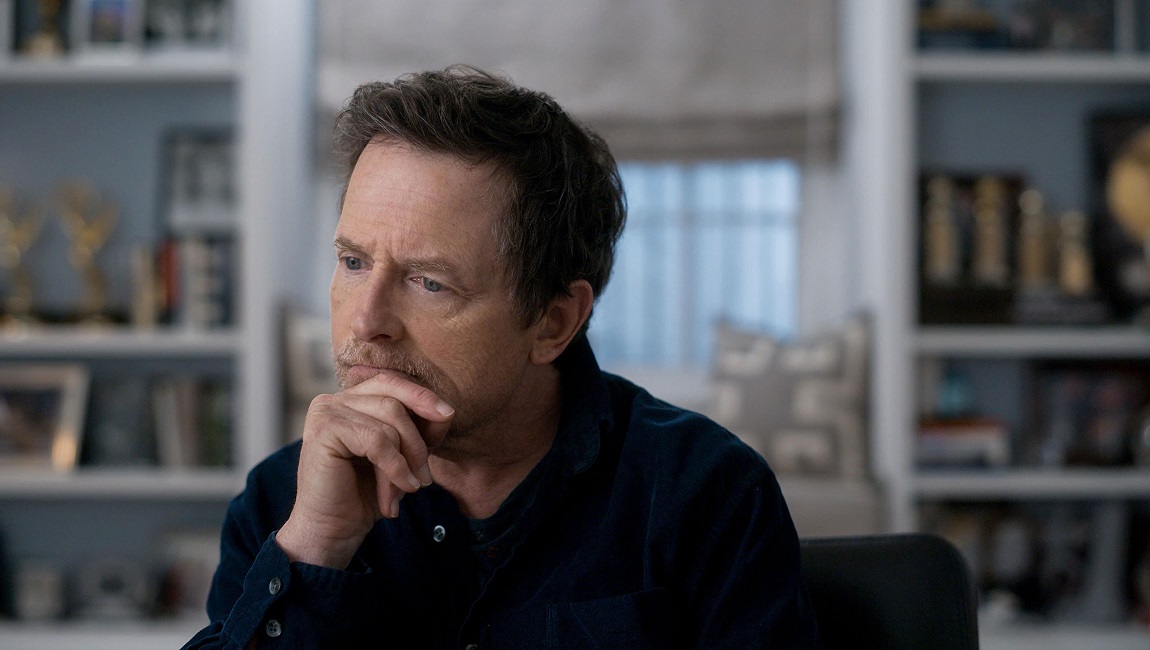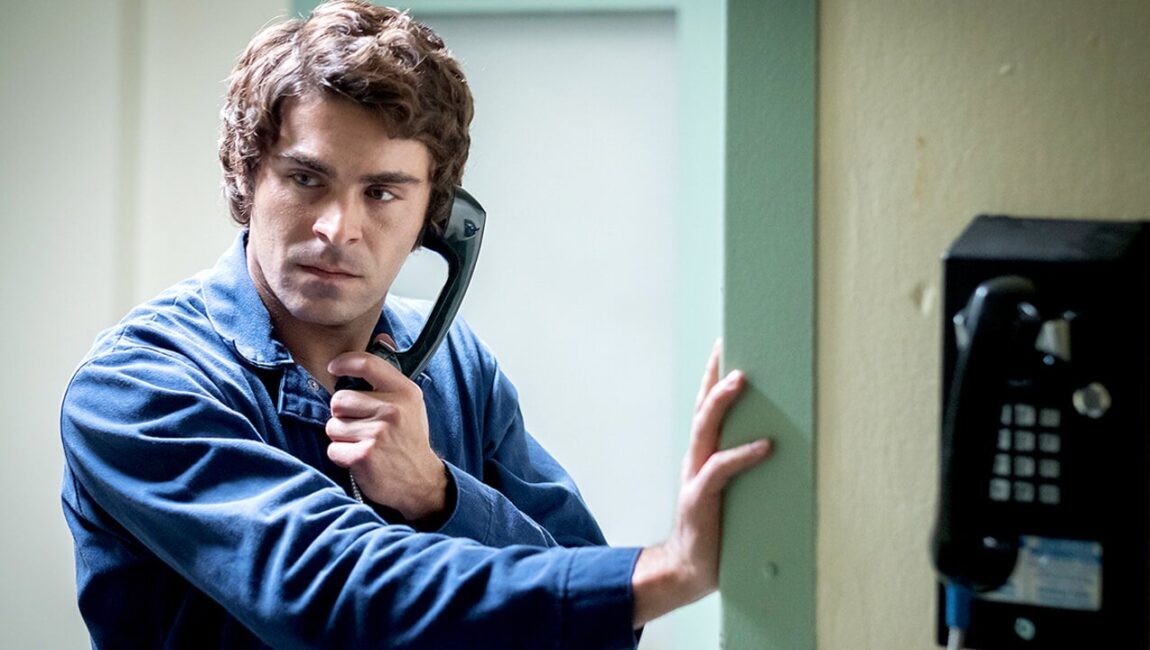Aside from Tom Hanks, it’s hard to think of an actor more beloved and respected by both the general public and his fellow peers than Michael J. Fox, a man for whom the word “likable” feels invented (it wasn’t; we checked). It was over 40 years ago that the eternally boyish-looking Fox ventured from his small town in Canada to the rolling hills of Hollywood, where a few seasons of guest-starring gigs on various television shows finally lead to his big break, as Alex P. Keaton on Gary David Goldberg’s long-running NBC sitcom Family Ties. It wasn’t long before film offers started pouring in, and Fox ultimately nabbed the lead in one of the biggest and most beloved films of all time, 1985’s Back to the Future, produced by the one and only Steven Spielberg. It seemed like nothing could stop Fox, who nabbed multiple Emmys for his television work while starring in a string of box office hits, Teen Wolf and The Secret of My Success among them. And then, in 1990, Fox noticed an unusual tremor in his right pinkie finger, ultimately leading to a diagnosis of Parkinson’s Disease, a long-term degenerative disorder that mainly affects the human motor system. Fox would not publicly announce his diagnosis until 1998, at which point hiding its devastating effects proved nearly impossible. Director Davis Guggenheim’s documentary, Still: A Michael J. Fox Movie, chronicles these events using archival footage, modern-day reenactments, film clips, voiceover narration, and talking-head interviews with Fox himself to bring the generation-defining actor’s unique story to life.
Those looking for long-buried sensationalistic material regarding Fox should probably venture elsewhere, as this is not a film interested in painting the actor in some sort of negative light, mostly because such a thing would prove nearly impossible. Yes, the actor did turn to alcohol following his diagnosis, and his job kept him from his family for long stretches of time. Yet the thing that has always set Fox apart from his peers is a seemingly genuine sense of self-effacement, the type of guy who can’t believe how lucky he got in winning the lottery of fame, and simply went along for the ride. Even his marriage to fellow actress and Family Ties alum Tracy Pollan has proven utterly bereft of the drama associated with most famous Hollywood couples. It is to Guggenheim’s credit, then, that Still doesn’t feel like some insignificant puff piece or a vanity project. As Fox’s condition has worsened with each passing year, the actor is quite upfront about the fact that he agreed to tell his story at this particular moment because he’s not sure if he will be able to physically do so in the near future, a sobering introduction to the exploits that follow.
One of the first scenes of Still shows Fox’s current condition, the body tremors that make the simple act of walking a Herculean task, although even a tumble in front of passersby on his way out of his apartment does nothing to hinder Fox’s general enthusiasm for life, cracking jokes while picking himself off the ground. Above all else, Fox brought attention to a disease that many barely knew existed, and started a foundation for its research, one that raises millions of dollars in donations each year. Throughout Still, the story of Fox’s rise to stardom is intercut with footage of the actor today, struggling to speak as 30-year-old interview segments and film clips show a man with unmatched comedic timing and physical dexterity. The documentary is certainly not subtle in the delivery of its message, but it is also quite obvious that this is entirely by design, the story of a man who may have physically changed but has not allowed this debilitating disease to dampen his enthusiasm for life.
And yet, there is something else here, something that Guggenheim and Fox himself only address in Still’s final moments, as the director point blank asks his subject, “You’ve never mentioned it, but are you in pain?” to which Fox bluntly states, “You want me to lead with that? Yeah, I’m in pain all the time.” This is immediately followed by a scene of Fox with his physical therapist, with the task of laying down proving more than Fox can physically handle, leading him to exclaim, “I make people feel good, that’s my job, I have to do that.” That Fox’s therapist responds with, “You don’t always have to be ‘Michael J. Fox’!” is a heartbreaker, a moment of raw truth in a film that, while admittedly manipulative, seemed nothing but honest. Still makes a lot out of the irony that Fox only discovered the idea of “stillness” upon the diagnosis of a disease that made such a thing physically impossible, but there is something even greater at play here, the story of a man who puts on a happy face even as he suffers because that is what the public both expects and desires. Fox understands that role more than anyone, and it is the confirmation of such that, almost paradoxically, makes him even more humane and genuine as a result. Still is nothing if not a portrait of an individual’s desperate need for acceptance, one from an industry that chews up and spits out even its strongest players, and from a public that loves nothing more than a fall from grace. That Fox has survived this long proves both his resiliency and his humanity, for better and worse. The world doesn’t deserve a man like Michael J. Fox, and Still is a stunning and heartbreaking snapshot of that fact.
Published as part of InRO Weekly — Volume 1, Issue 5.







